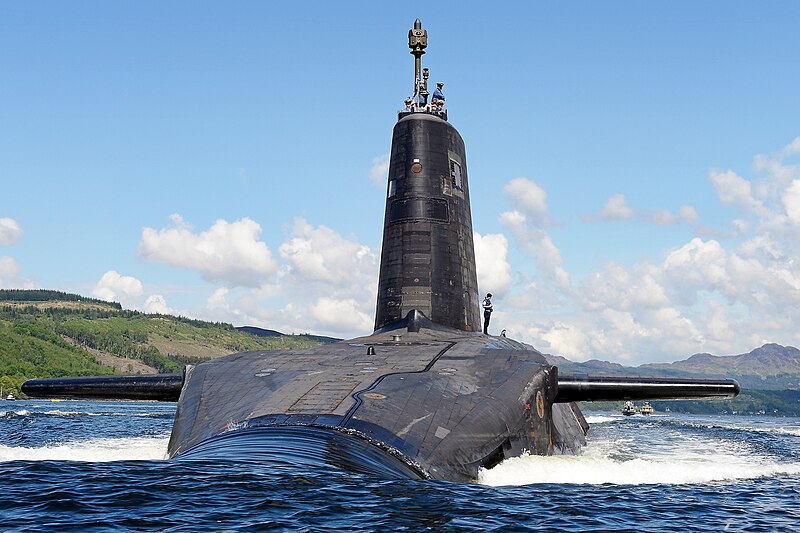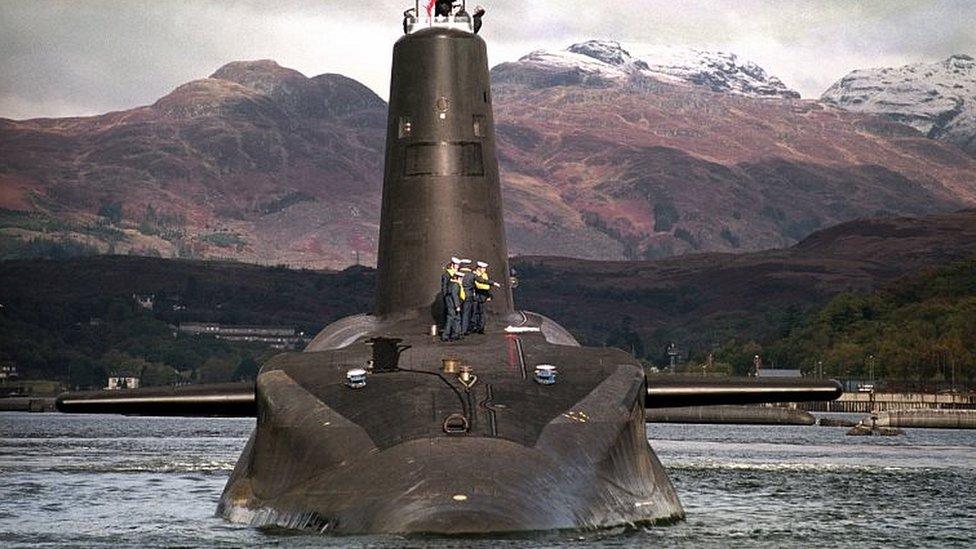Prime Minister Keir Starmer recently visited one of the UK’s four nuclear-armed submarines in an effort to showcase the country’s defense capabilities amidst rising tensions with Russia. However, the UK’s nuclear deterrent faces a critical problem—it remains heavily reliant on the United States.
With the US increasingly viewed as an unpredictable partner, especially under transactional leadership, there is a growing concern that Washington could effectively disable the UK’s nuclear capability if it chose to. This dependency calls into question the true autonomy of Britain’s nuclear defense system.
UK-US Nuclear Ties: Historical Cooperation, Growing Dependence, and Future Uncertainties
The UK and US have shared nuclear ties since World War II, beginning with their cooperation on the Manhattan Project. Agreements such as the 1943 Quebec Agreement and the 1944 Hyde Park aide memoire solidified their partnership, leading to the first nuclear weapons deployed in Hiroshima and Nagasaki.
However, tensions emerged in 1946 when the US abruptly classified British scientists as “foreign,” halting cooperation. In response, the UK developed its own nuclear arsenal, successfully testing the “Grapple Y” hydrogen bomb in 1958. The Cold War and the Soviet Union’s nuclear advancements brought the allies back together, leading to the 1958 Mutual Defense Agreement, which continues to shape UK-US nuclear relations.

The UK’s Trident nuclear program consists of four Vanguard-class submarines, providing an operationally independent deterrent. However, the UK remains reliant on US technology, with key components designed and leased from Lockheed Martin. This dependence extends to support and maintenance, limiting Britain’s ability to act independently.
As the UK upgrades its nuclear capabilities, the lack of an alternative supplier leaves it vulnerable. If the US withdrew its support, Britain would face difficult choices: developing its own nuclear weapons at immense cost, seeking European partnerships, or disarming entirely. None of these options comes without significant challenges.
Reevaluating Nuclear Alliances: Weighing Costs, Independence, and Alternative Defense Strategies for Britain
Given the risks of relying solely on the US, Britain may need to explore partnerships with European allies, particularly France. The two nations already have a nuclear cooperation treaty, and President Emmanuel Macron has suggested France’s nuclear deterrent could extend to protect European allies.
A European nuclear umbrella or shared deterrence program could provide stability, but this approach still maintains the UK’s reliance on external forces. Meanwhile, nuclear deterrence has not prevented conventional conflicts, raising the question of whether it remains a necessary strategy for the UK.
Maintaining the UK’s nuclear arsenal is costly, with Trident replacement expenses projected at £205 billion and a reported £7.9 billion funding gap over the next decade. With pressing security threats such as cyber warfare, terrorism, and climate change, some argue these resources could be better allocated elsewhere.
Moreover, without true operational independence, the UK’s nuclear deterrent may lose its strategic relevance. As global power dynamics evolve, Britain must critically assess whether its reliance on the US is sustainable—or if it is time to explore a new defense strategy altogether.


